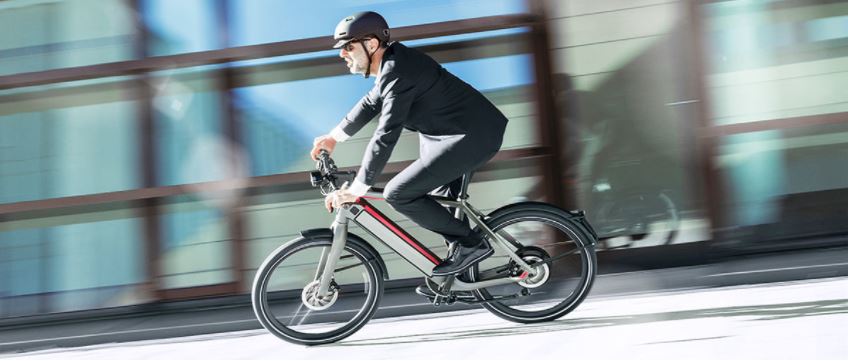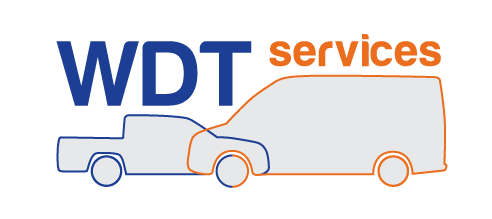 For a bicycle manufacturer or importer, the rapidly changing rules in the field of legislation, certification and homologation are very difficult to keep up with. Which standard must an e-bike (EPAC)* or other light electric vehicle (LEV)** that you market meet? Can you market a bicycle according to a self-certification process or does it have to be certified by an accredited body? These rules can also differ considerably per user market.
For a bicycle manufacturer or importer, the rapidly changing rules in the field of legislation, certification and homologation are very difficult to keep up with. Which standard must an e-bike (EPAC)* or other light electric vehicle (LEV)** that you market meet? Can you market a bicycle according to a self-certification process or does it have to be certified by an accredited body? These rules can also differ considerably per user market.
WDT-Services has the knowledge of the rules and technology. We make the rules transparent and comprehensible, so that the requested approvals can be requested quickly and efficiently. We test and support you in drawing up your technical files that are required for your CE declaration. We do this by demonstrating compliance with applicable standards and rules.
In Europe, EN 15194 is the standard for an electric bicycle with pedal assistance. This specifies the safety requirements, durability of the electrical system and test methods that an e-bike must meet. This standard also describes that an e-bike must meet certain performance criteria, such as assistance levels, speed limitation and a range estimate. In much of Europe it is not (yet) mandatory to meet this standard, but by demonstrating compliance, the e-bike at least meets the minimum technical requirements. In France and Great Britain, compliance with this standard is even mandatory.
When it is indicated that an e-bike complies with the EN 15194 standard, this means that it also complies with the standard for the mechanical parts laid down in the ISO 4210 standard. In the United States, there are other standards. The requirements for the electrical system of an LEV** are laid down in UL 2849.
If you can no longer see the forest for the trees and are unsure about the rapidly changing rules in the field of certification and homologation, please feel free to ask us about the options.
* EPAC= Electrically Power Assisted Cycles
** LEV= Light Electric Vehicle
